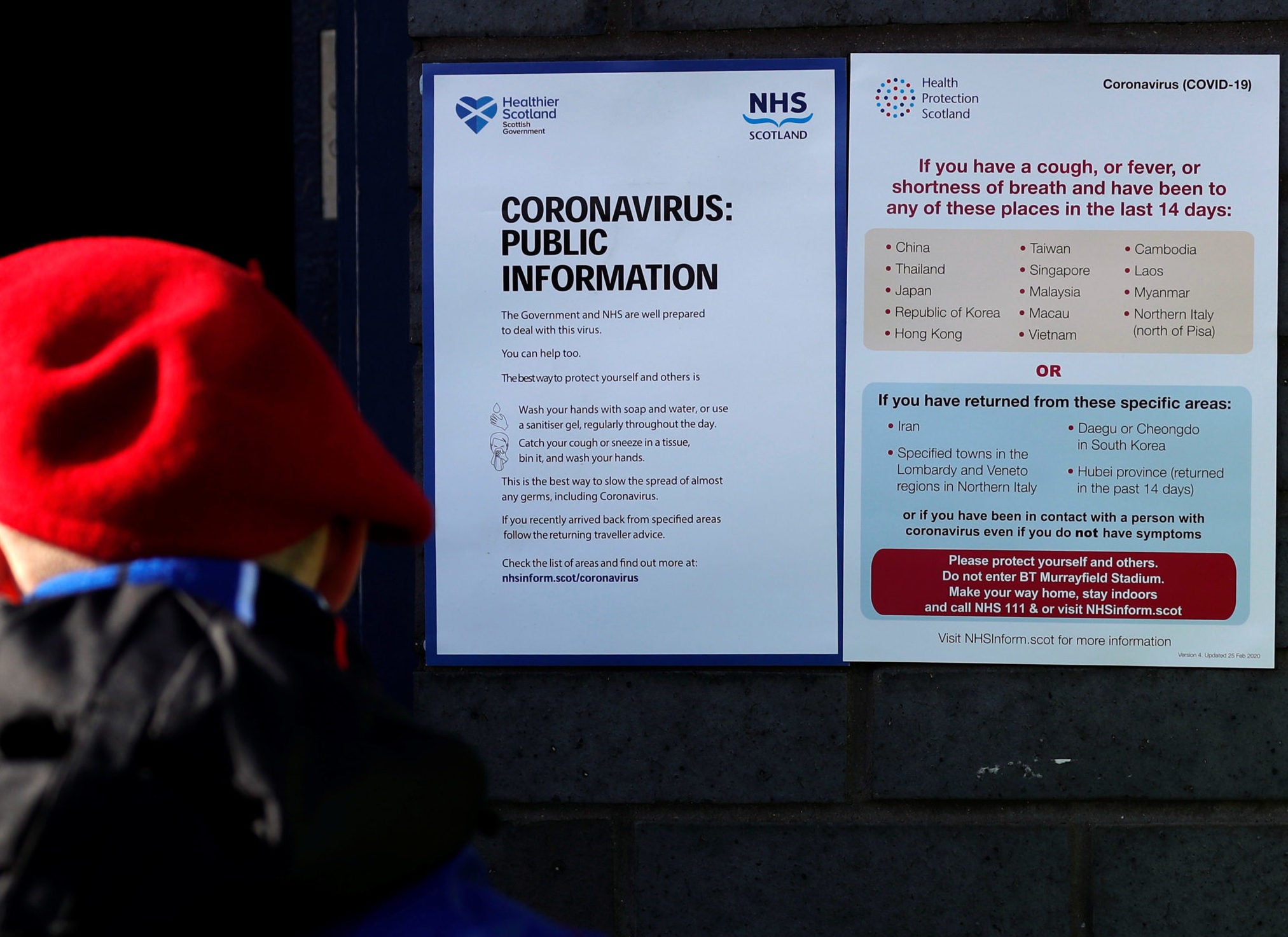
The Government is taking coronavirus disinformation into its own hands with a new unit monitoring social media and responding to false claims relating to the outbreak.
A new so-called “counter disinformation unit” will see Whitehall staff identify and respond where necessary to inaccurate or misleading stories and posts about coronavirus.
The Department for Culture, Media and Sport said the aim of the unit was to “provide a comprehensive picture on the potential extent, scope and impact of disinformation”.
Culture Secretary Oliver Dowden said: “Defending the country from misinformation and digital interference is a top priority.
“As part of our ongoing work to tackle these threats we have brought together expert teams to make sure we can respond effectively should these threats be identified in relation to the spread of Covid-19.”
The unit’s work will include “regular and robust engagement” with social media companies as they are “well placed to monitor interference and limit the spread of disinformation”, Dowden said.
He added that the unit will “make sure we are on the front foot to act if required”.
Social media companies have been making efforts to tackle misinformation by providing clear signposts to official information.
In the UK, searches for “coronavirus” on Facebook and Twitter bring up links to official NHS guidance at the top of the pages, while a Youtube search directs users to the World Health Organisation.
But claims circulating online have included fake health advice and conspiracy theories blaming 5G for the original outbreak in China.
The Society of Editors last week issued a warning on the trustworthiness of social media for news, saying platforms like Facebook and Twitter mean “inaccurate and harmful content can be published and shared before its accuracy has been verified”.
Executive director Ian Murray today welcomed the announcement of the response unit, saying it underscored “where the dangers are for the public to be misinformed during this crisis”.
“It is the mainstream media where news and information are edited that factual reports are to be found,” he added.
The Government defines disinformation, also known as “fake news”, as the deliberate creation and dissemination of false or manipulated information that is “intended to deceive and mislead audiences, either for the purposes of causing harm, or for political, personal or financial gain”.
It defines misinformation as false information that is spread inadvertently.
In 2018 the Government set up a rapid response unit to tackle “fake news” and disinformation to respond to “stories of concern” with a Government or public services link.
The unit’s interventions can include pushing its own content on social media and boosting Google rankings of relevant Government information in response to what it describes as “sensationalist” stories.
The Cabinet Office launched a separate unit in August last year with the specific remit to respond to “media myths and half-truths” around Brexit, the Telegraph reported.
Labour and Lib Dem spokespeople called the plans a “pointless waste of taxpayers’ money”.
Picture: Action Images via Reuters/Lee Smith
Email pged@pressgazette.co.uk to point out mistakes, provide story tips or send in a letter for publication on our "Letters Page" blog
